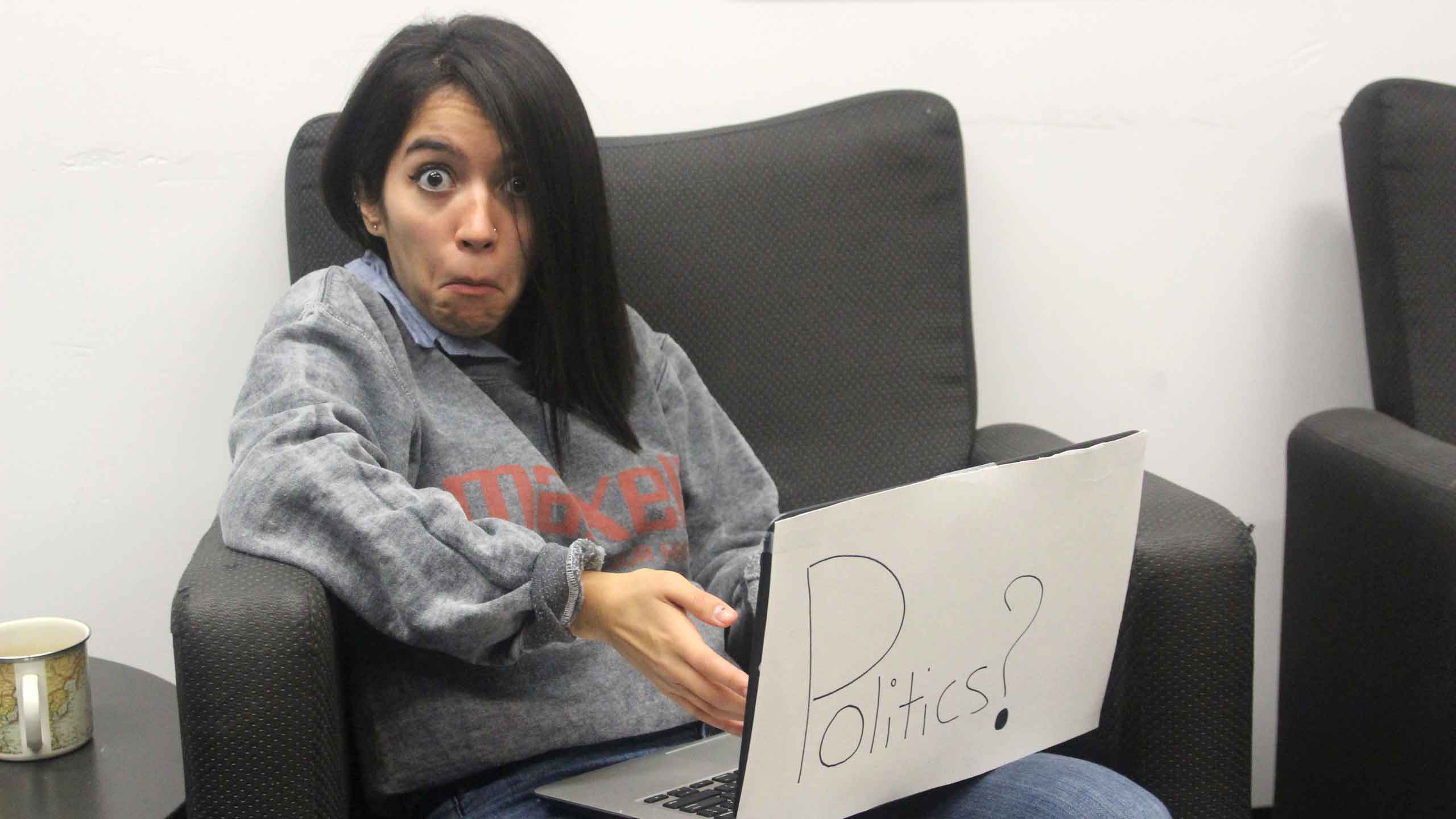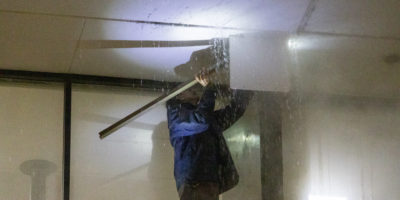By Jacob Dubé
Earlier this month, it was announced that the Ontario government was considering cutting the mandatory civics course from high school curriculums across the province, which wouldn’t help with the fact that students have no idea what’s happening in politics, anyways.
The conversation to cut the half- credit civics course was dismissed, but in a February 2015 talk at Ryerson, Premier Kathleen Wynne said the class still needs some changes in order to be effective.
Ryerson professors echo that sentiment.
Joseph Zboralski, a professor in the department of politics and public administration, said that the issue with politics classes at Ryerson is that many students don’t know the fundamentals of how government works in Canada. He said this slows his classes down because the basics have to be explained before he can go into deeper and more specialized material.
“Most [students] have little or no knowledge of politics, whether it’s Canadian politics or whether it’s what’s going on in the world,” Zboralski said. “They’re just lacking in general knowledge in politics, never mind technical knowledge about how government works.”
He thinks that any student completing a university degree should have to take at least one course on Canadian politics to understand how the system works and how decisions get made, though he knows adding an extra course to every program is a hard sell.
Last month, the Ryerson Students’ Union (RSU) met with the provincial government to discuss voter apathy—one specific group of people not showing up to vote for various reasons—among young people and students.
According to RSU vice-president education Victoria Morton, the RSU spoke about the importance of political engagement at a young age, and how to get more young people interested in politics. One of the main problems was communication.
“The government needs to stop assuming that to be an engaged citizen you have to have the mind of a policy analyst. You have to be responsive to the different routes of reception,” Morton said.
However, Wayne Petrozzi, Ryerson politics and public administration professor, said the issue is less about voter apathy and more about how students have other priorities they concentrate on other than politics. He also said that the issues presented in debates and policies aren’t as important to younger people.
In terms of the high school civics course, Zboralski isn’t sure why the provincial government is limiting essential politics courses. Any good citizen, he said, understands the political system and is able to make educated decisions during elections.
“You can look and see what hap- pens when you have an uneducated citizen in terms of what’s going on in the states right now,” he said. “These people believe the most outrageous lies and exaggerations. Who are the biggest supporters of Trump? People without any education or very little education. That’s how dangerous it can be.”












Leave a Reply